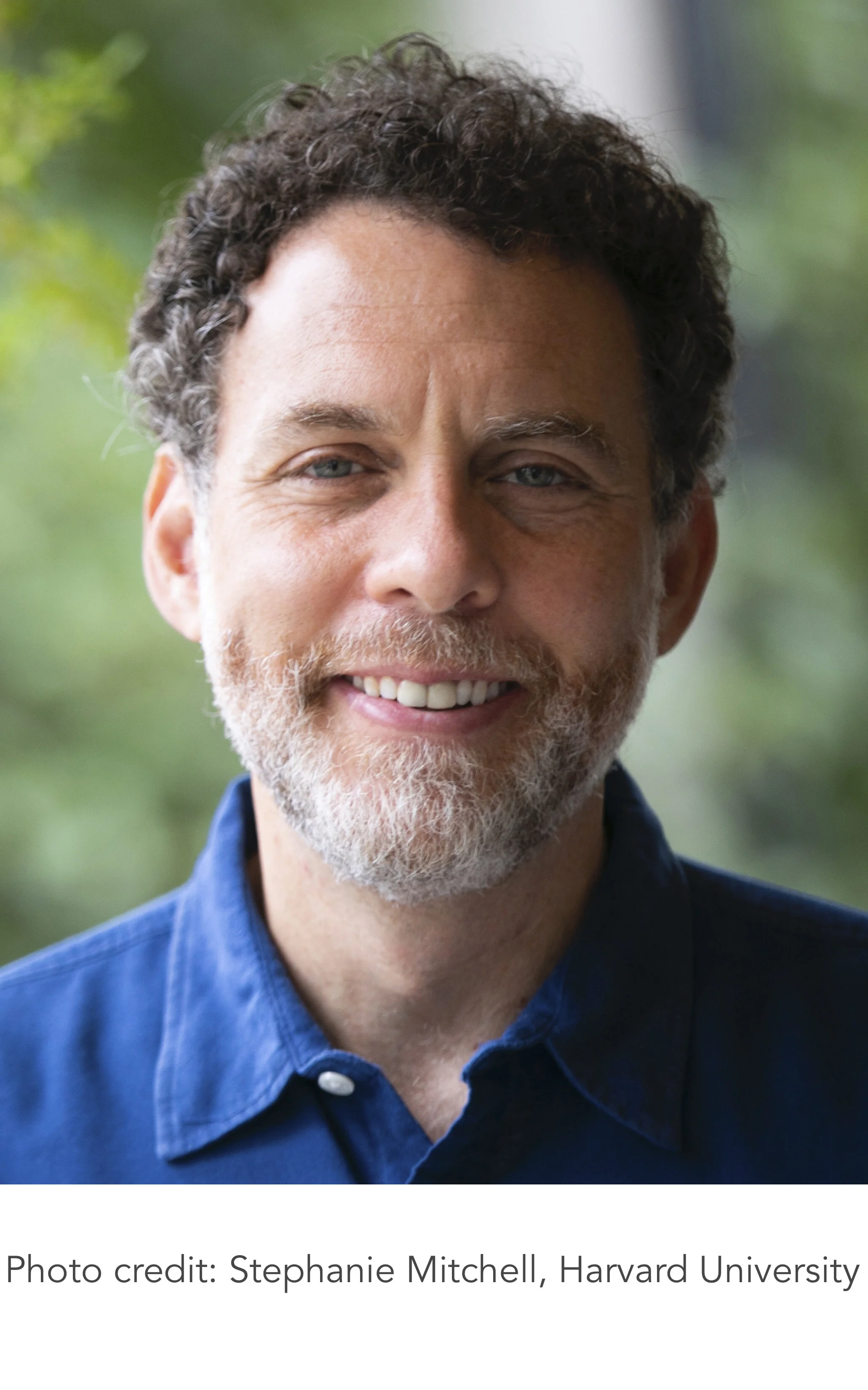Joshua D. Greene is Professor of Psychology and a member of the Center for Brain Science faculty at Harvard University.
Much of his research has focused on the psychology and neuroscience of moral judgment, examining the interplay between emotion and reason in moral dilemmas. More recent work studies critical features of individual and collective intelligence. His current neuroscientific research examines how the brain combines concepts to form thoughts and how thoughts are manipulated in reasoning and imagination. His current behavioral research examines strategies for improved social decision-making and the alleviation of intergroup conflict.
His honors include the Stanton Prize from the Society for Philosophy and Psychology and Harvard’s Roslyn Abramson Award for teaching. He has been voted a “Favorite Professor” by several of Harvard College’s graduating classes.
Greene studied philosophy at Harvard (A.B., 1997) and Princeton (Ph.D., 2002), where he worked with David Lewis and Gilbert Harman. From 2002 to 2006 he trained as a postdoctoral researcher with Jonathan Cohen in the Neuroscience of Cognitive Control Lab and at the Center for the Study of Brain, Mind, and Behavior, which is now the Princeton Neuroscience Institute.
Greene is the author of Moral Tribes: Emotion, Reason, and the Gap Between Us and Them.



